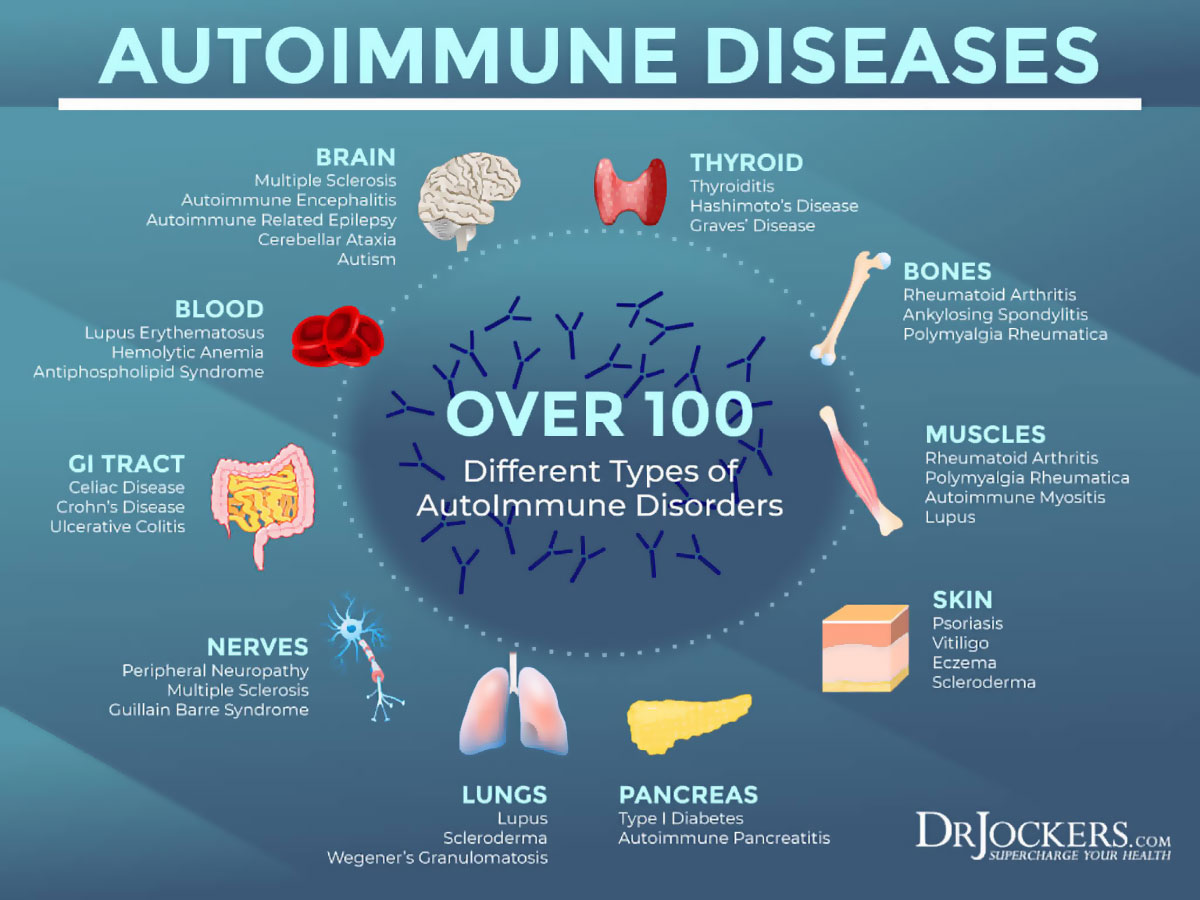A dose of baking soda every day might be able to help reduce the
harmful inflammation of autoimmune diseases such as rheumatoid arthritis.
Researchers reveal some of the first evidence of how the cheap,
over-the-counter antacid can encourage the spleen to promote an
anti-inflammatory environment instead, which can be therapeutic in the face of
inflammatory disease.1
The researchers have demonstrated that when rats or healthy
individuals consume a solution of baking soda, it becomes a trigger for the
stomach to produce more acid to digest the next meal and for mesothelial cells
sitting on the spleen to tell the organ that there’s no need to launch a
protective immune response.
Mesothelial cells line cavities of the body, such as the cavity
containing the digestive tract, and they also cover the outside of the organs
to quite literally stop them from rubbing together. Mesothelial cells have
little fingers called microvilli, which also offer another level of protection.
The microvilli sense the environment and warn the organs they are covering when
there's an invader and an immune response is required.
The spleen is part of the immune system, which functions as a
big blood filter and is where some white blood cells, like macrophages, are
stored. The researchers believe that drinking baking soda informs the spleen to
go easy on the immune response.
After consuming water with baking soda for 2 weeks, the
population of immune cells known as macrophages in the spleen, as well as the
blood and kidneys, shifted from primarily those that promote inflammation (M1)
to those that reduce it (M2). Macrophages, perhaps most commonly known for
their capacity to consume waste in the body such as debris from dead or injured
cells, are early arrivers to a call for an immune response.
One of the numerous functions of the kidneys is balancing
crucial compounds such as acid, potassium, and sodium. With kidney disease,
there's impaired kidney function and one of the resulting problems can be that
the blood becomes too acidic. Significant consequences can include an increased
risk of cardiovascular disease and osteoporosis. Studies have revealed that a
daily dose of baking soda can not only reduce acidity but slow kidney disease
progression, and it's now a therapy provided to kidney disease patients.
Acknowledgement: https://www.ahealthblog.com/

Image via: AHealthBlog
